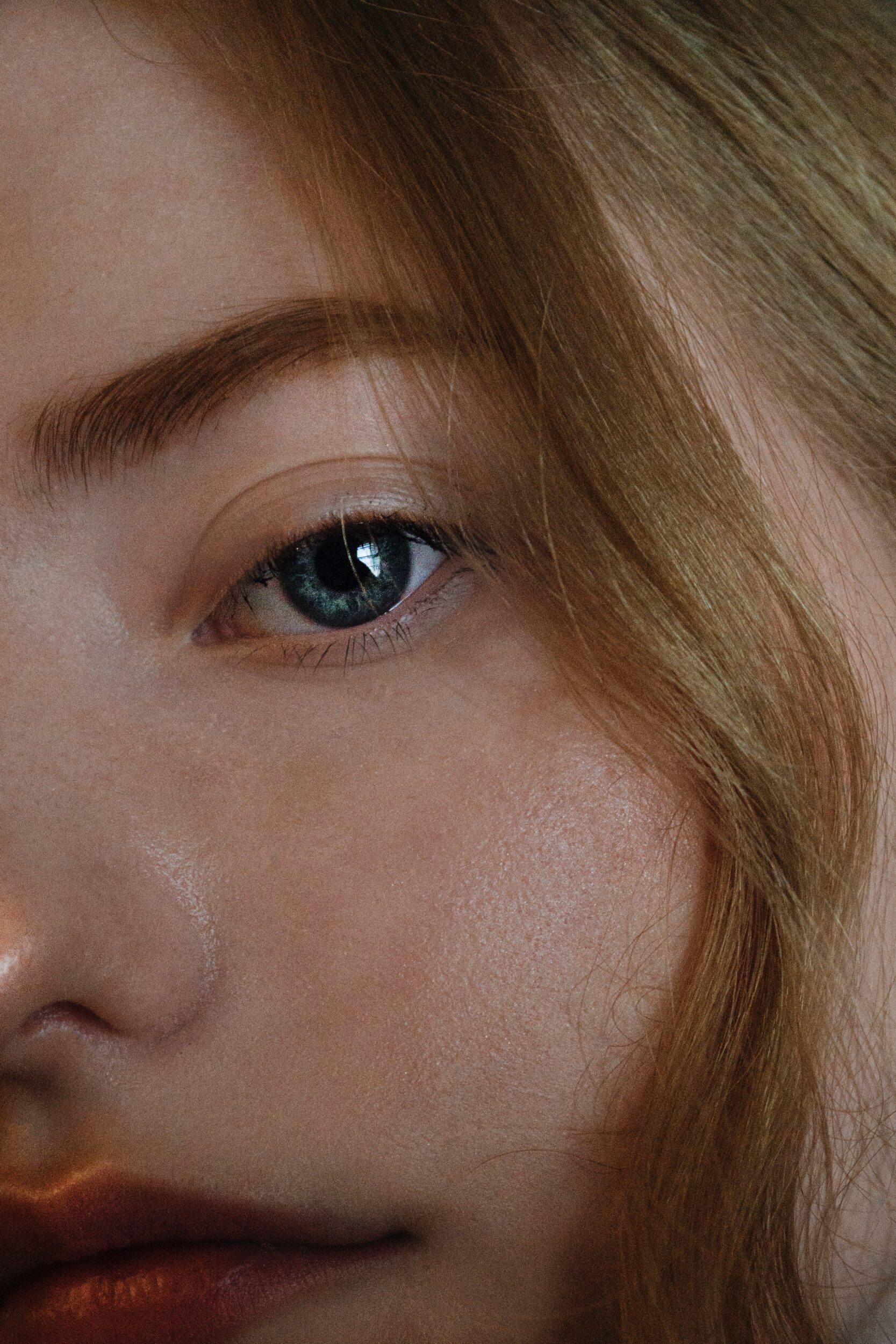A few days ago, we told you about the TikTok trend of applying coffee grounds to the eye area in order to have a refreshed look. Obviously, this trends it is dangerous and is absolutely not recommended for reducing dark circles in the long term. Worse still, these coffee grounds, grainy and concentrated, would attack the eye area… But did you know that there are other types of products, sometimes better disguised as “miracle solutions” that can alter the balance of the skin in this area? Here are 3 of them.
Perfumed creams
It’s not a secret perfume is not the skin’s best friend, even when it is not sensitive. Whether of plant origin (such as essential oil derivatives such as limonene, eugenol or the famous linalool) or synthetic, this ingredient, still very present in many cosmetic formulas, can be allergenic, even irritating. Not everyone is necessarily allergic to all perfumes, but the more one is exposed to them, the higher the risks of developing a sensitivity, even an allergy, especially on the sensitive area around the eyes. A perfume to which you are allergic can cause strong skin reactions, especially on the fragile area around the eyes where the skin is 5 times thinner than that of the face. On average it is also 0.5 millimeters, which is very little and has almost no hydrolipidic film to protect it. In the case of an allergy on the particularly sensitive area around the eyes, there is therefore a risk of developing irritations and in some cases, the most extreme cases, burns.
alcohol-based products
Alcohol, like perfume, is the sworn enemy of the skin. If you’re wondering why, the answer is simple: the latter simply tends to dehydrate the epidermis. But not only! It is also observed an alteration of the microbiome and a degradation of the skin barrier after its use. To find out if the product you are going to use has a high concentration of alcohol, there are not many solutions, you must consult its INCI list (often present on the back of the package or product). If alcohol or denatured ethanol appears first, run away.

Products based on salicylic acid
Salicylic acid is a beta-hydroxy acid also known as BHA Very popular with oily and acne-prone skin, it purifies the epidermis and limits the growth of bacteria. But it also succeeds enhance cell renewal and collagen synthesis. But what happens when it is applied to the eye area? Well, it’s better not to test the experiment. Too aggressive and abrasive for this area, salicylic acid would tend to dry it and create irritation, because it lacks a protective barrier.
You have been warned!
Source: Madmoizelle
Mary Crossley is an author at “The Fashion Vibes”. She is a seasoned journalist who is dedicated to delivering the latest news to her readers. With a keen sense of what’s important, Mary covers a wide range of topics, from politics to lifestyle and everything in between.




